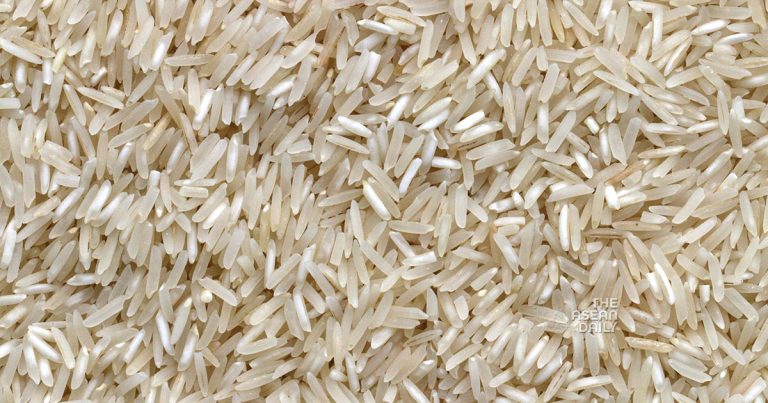2-8-2023 (MANILA) Concerns over the potential impact of Typhoon Egay, the El Niño phenomenon, and Russia’s withdrawal from the Black Sea Grain initiative on the country’s rice supply have prompted the government to plan the importation of 1.3 million metric tons (MMT) of rice. Agriculture Undersecretary Mercedita Sombilla revealed this information during a Palace briefing, stating that the importation dates are yet to be determined, pending applications for sanitary and phytosanitary certificates.
President Marcos, who also serves as agriculture secretary, assured that despite the damage caused by Typhoon Egay in Northern Luzon, the agency has sufficient buffer stock of rice. The President met with officials from the Department of Agriculture (DA) at Malacañang to address the situation following the devastation caused by the typhoon, which resulted in around P1.94 billion worth of damage to agriculture.
The DA stated that the supply and demand of rice in the country remain stable for now. With projected rice supply of 5.47 MMT and demand at 3.79 MMT in the third quarter of this year, the ending stock is estimated to be at 1.69 MMT, which is sufficient for 45 days based on current consumption.
In light of the three global issues affecting rice supply, Sombilla assured that the DA is prepared to increase rice production, with the largest rice production expected to peak by October.
However, House Deputy Speaker Ralph Recto warned of a severe rice shortage in the Philippines due to the cumulative effects of typhoons and decisions by certain rice-producing countries to prioritize local consumption. He described the situation as a “quadruple whammy,” referring to India’s ban on rice exports, Vietnam’s reduction of rice exports, the Ukraine grain deal’s cancellation, and the impacts of Typhoons Egay and Falcon on the supply chain in affected regions.
Recto highlighted the importance of producing rice and substitute crops in regions less affected by storms, such as Mindanao, to mitigate the impact on the country’s food supply.
Additionally, the agriculture sector incurred losses of over P1.69 billion due to Typhoon Egay, leading to an increase in vegetable prices of up to P30 per kilo in local markets. The flow of vegetables to wholesale distributors and retailers was also affected by the typhoon’s aftermath.
In response, the DA encouraged local government units to establish more Kadiwa centers, providing affordable commodities for residents in the affected regions.




